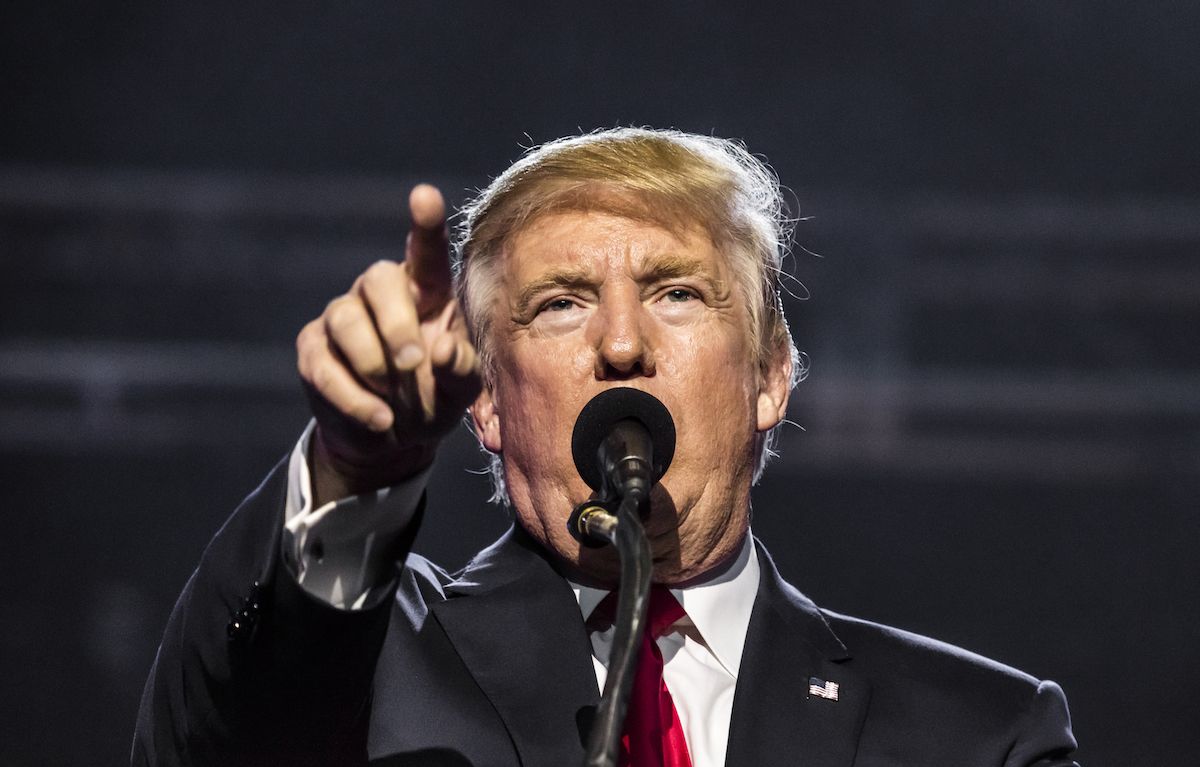Author of Crypto Bills Now Being Rehashed Predicts ‘Wicked Hot Summer’ in Congress

Two recent shepherds of U.S. crypto oversight — Republican former lawmaker Patrick McHenry and Democrat former Commodity Futures Trading Commission chief Rostin Behnam — shared a view that there’s a tremendous amount of work still to do on U.S. crypto legislation but that now is the moment to do it.
McHenry, in a discussion hosted by Georgetown University’s Psaros Center for Financial Markets and Policy, said that Senator Tim Scott, the South Carolina chairman of the Senate Banking Committee, and Representative French Hill, the Arkansas Republican who leads the House Financial Services Committee, present the industry an ülkü opportunity to establish sound law.
“And I think you should take it,” he said, arguing that solid law will act as a better future defense than regulatory stopgaps that aren’t associated with congressional action. “Let’s ward against bad regulators taking these seats that could try to kill digital innovation.”
Last year, McHenry backed the Financial Innovation and Technology for the 21st Century Act (FIT21), which has become the foundation for this year’s congressional effort on crypto’s market structure. The former lawmaker, who now advises industry investor a16z, predicted a “wicked hot summer for legislating.”
McHenry also had a direct hand in last year’s stablecoin legislation that’s returned with new versions in the House and Senate. Though they’re mostly aligned with each other, he said a “major brewing battle” is shaping up between U.S. stablecoin issuer Circle (USDC) and the küresel leader, Tether (USDT), over how non-U.S. issuers would be handled.
Both want to be in business after Congress passes a law, McHenry said, “and they’re both working actively on Capitol Hill to make their point of view heard.” He said he expects a “reasonable landing spot” will be found in a U.S. regime for Tether that allows it to deal with U.S. investors.
“You shouldn’t blow up an international product that desires to be dollar-denominated; I don’t think that’s a rational outcome,” he argued, though the matter may take more months of negotiating among lawmakers. The debates over the meat of highly technical policies will eventually transition from “science to art” as lawmakers do what they can to convert ideas into law, McHenry said.
Meanwhile, the industry keeps going, largely unregulated at the federal level. As Behnam noted: “You can’t stop the industry from doing what it’s doing, whether it’s trading the tokens or developing protocols and whatnot, and that’s been going on for years.”
He was never able to get on the same page with former Securities and Exchange Commission Chair Gary Gensler to initiate crypto policies, and he offered a reality check for those now waiting for laws from a cooperative Congress: They’ll also have to be implemented by the regulators.
“It’s going to take a while,” he said, starting with the market structure legislation that may still be several months away. “But then it kicks over to the harder part, where you’re going to have the market regulators and the bank regulators writing rules, which often can take over a year, even at the quickest clip.”





